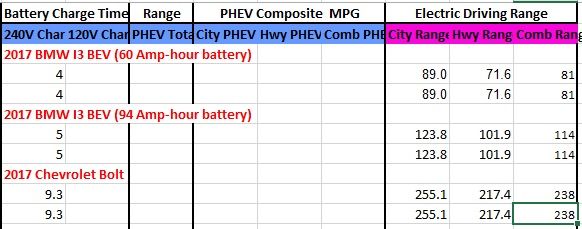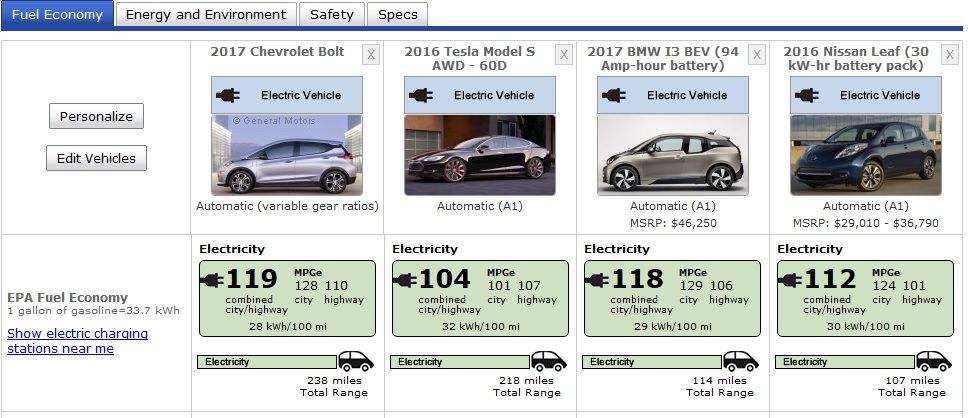I think there are more important reasons why the Model S outsells the LEAF at a much higher price. Among them are driving range (at least 2.5x farther), aesthetic appearance, acceleration performance, and fast charging.
The Bolt EV addresses the range and to a large extent the performance issues. It also substantially addresses the aesthetic issue -- the Bolt isn't a beauty queen but is also not a weirdmobile like the LEAF.
Finally, the Bolt partially shares the LEAF's fast charging weakness but with a bigger battery it charges faster, doesn't ramp-down nearly as soon or as much, is selling in an environment with better coastal DC charging availability than in 2011-2015, and may well be capable of faster DC charging than GM has revealed so far.
People regularly comment that Tesla's ICE-competitive offerings do not match the same interior design comfort and quality at the same price point. Perhaps it's a stretch, but the Bolt EV has similar interior space dimensions and much faster performance (0-60 6.5 seconds vs. 8.5 seconds) as a Lexus NX crossover at roughly the same $35-37 thousand price point.




